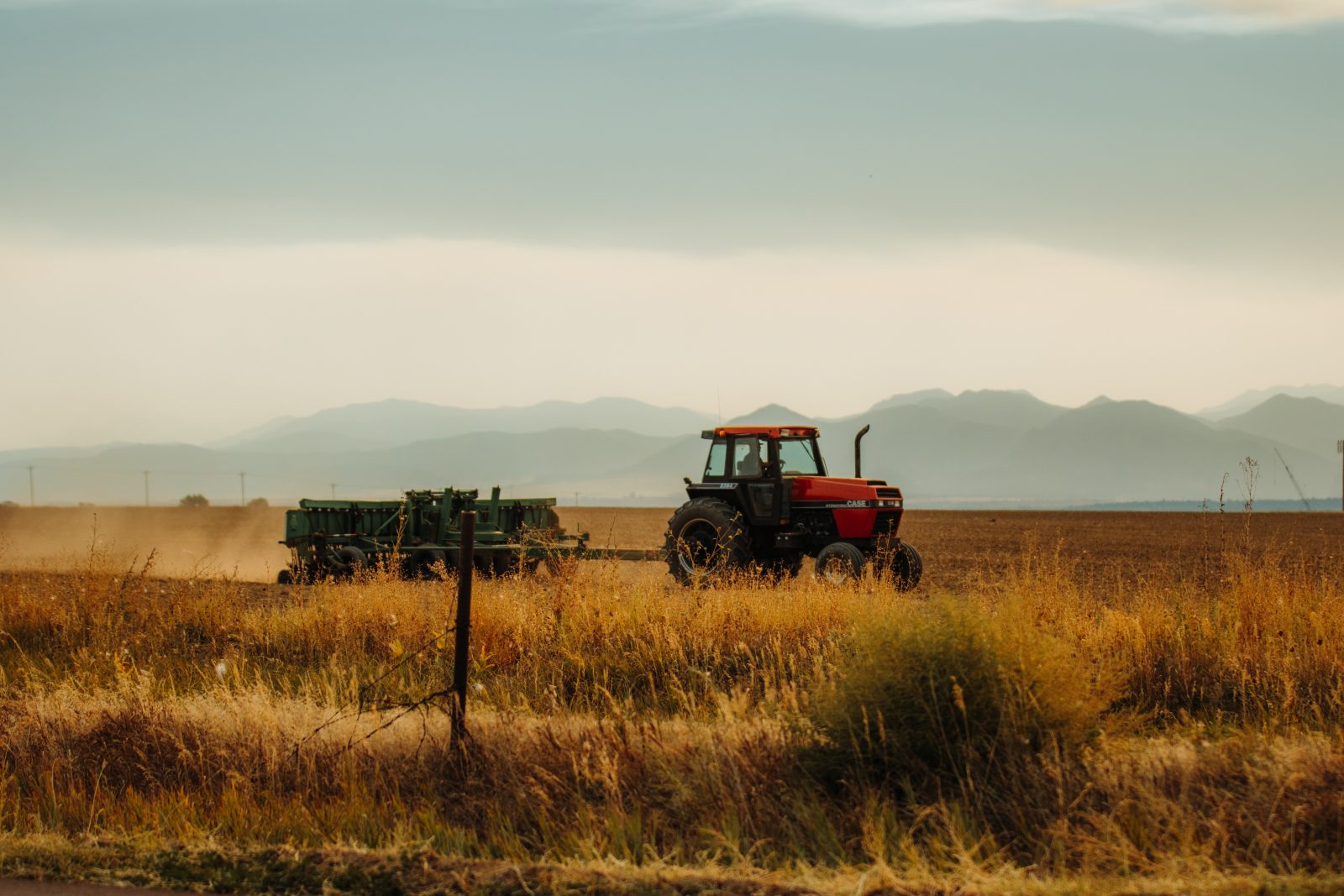A recent briefing paper from The National Innovation Centre, Rural Enterprise, (NICRE) based at Newcastle University, makes the case for clear strategic recognition and commitment to rural economies in policies, programmes and resources.
The strategic case for equitable recognition of rural economies in Levelling Up policies, was published in November 2021. It warns that the UK Government’s Levelling Up policies overlook the contribution that rural firms make to economic growth, well-being and decarbonisation. Rural economies , it argues, have impact beyond their geographies. Rural supply chains, workforces and activities reach well beyond rural areas or traditional rural industries and have significant impact on national output.
The paper provides extensive evidence from England in support of its central argument. It is able to show , for example, that manufacturing, professional, scientific and technical services, and information and communications industries occupy at least[1] 152,000 rural workshops, factories, offices, laboratories, business and science parks in England.
Rural enterprises and communities will need targeted support to release their potential and address some operational weaknesses, argues the report, if Levelling Up policies are to meet their aim to reduce inequality of opportunities, jobs, trade, connectivity and innovation. To do this government is urged to provide greater visibility and attention to rural economies and ensure that any investment is inclusive and equitable across cities, towns and rural areas.
The report proposes five ways in which investment can be more equitable.
- Modify targeting and design of new policies and investment programmes. The report is proposes the strengthening of rural proofing processes.
- Eliminate signals of urban preference towards cities and agglomerated industries by highlighting issues of rurality in policy documents.
- Support inter-dependencies between places and economies with a dedicated investment fund.
- Adopt inclusive metrics or indicators of economic benefits and/or operational outcomes. The paper welcomes the justification by population density and use of Gross Disposable Household Income (GDHI) in the Community Renewal Fund.
- Build capacity and conduits for rural enterprises and peripheral communities to raise their awareness and ability to secure and manage public investments. The paper points to the success of the Local Action Group approach used under the LEADER programme.
Organisations in England such as the Rural Services Network continue to push for more rural recognition in Levelling Up polices. This includes recent research conducted with Pragmatix Advisory, (June 2022) that states that if rural communities in England were to be their own distinct region, their need for levelling up would be greater than that of any other region in the country.
The NICRE briefing paper can be read here.
The Rural Services Network/ Pragmatix Advisory report can be read here.
[1] These figures are minimum quantities, drawn from Defra’s data sources, as they only relate to Local Business Units of Registered Businesses in Predominantly Rural Areas in 2019/20.



